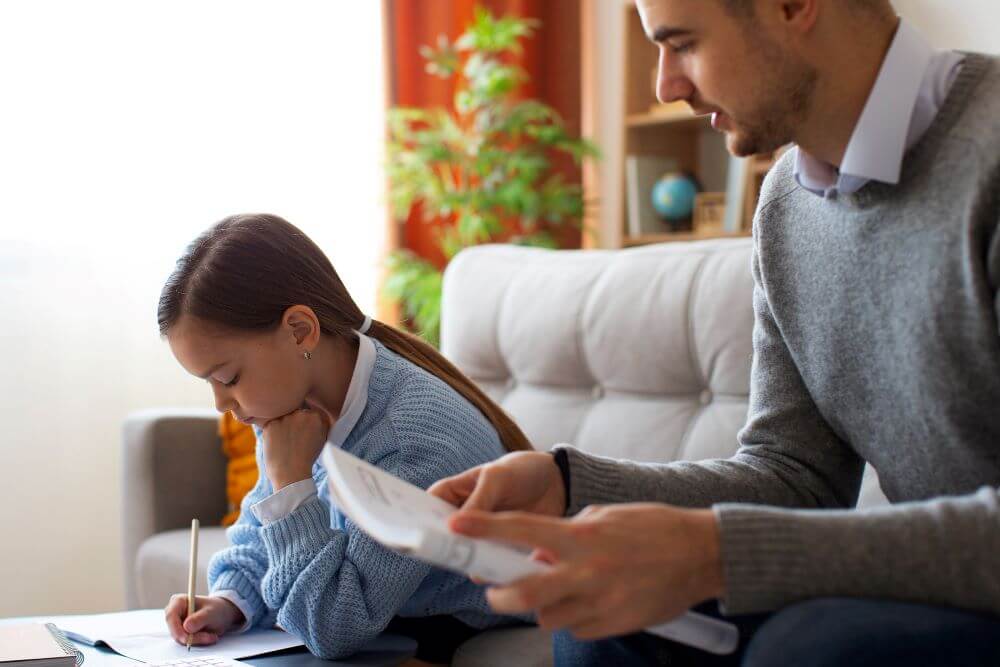Child custody and parental responsibility are important aspects of family law that affect children and their parents after separation or divorce. These concepts define who makes decisions about a child’s welfare and where the child lives.
Child custody
Child custody refers to the arrangements for where a child will live and how they’ll spend time with each parent. There are different types of custody that courts consider:
- Physical custody determines which parent the child lives with most of the time.
- Legal custody gives a parent the right to make important decisions about the child’s upbringing, including education, medical treatment, and religion.
- Courts may order shared custody or sole custody depending on the child’s needs and family circumstances.
Parental responsibility
Parental responsibility is the legal right, duty, and power to make decisions about a child’s life. This includes decisions about schooling and medical treatment. In many cases, both parents automatically have parental responsibility if they’re married at the time of the child’s birth.
Unmarried mothers usually have parental responsibility automatically, while unmarried fathers can obtain it by agreement with the mother or through a court order.
Parental responsibility can be shared or granted solely to one parent if the court believes it serves the child’s best interests.
How child custody is determined
Some parents seek legal advice before applying to the court and may benefit from local guidance. Divorce solicitors Cheltenham based, for example, can advise on custody options, explain how parental responsibility works, and help negotiate arrangements to reduce conflict.
When parents can’t agree on custody arrangements, the court will step in. The guiding principle is always the welfare of the child, as divorce impacts children’s mental and physical health. Courts consider the child’s age, emotional needs, physical and mental health, and each parent’s ability to care for the child.
Courts may also look at the child’s relationship with each parent, the stability of each household, and the child’s wishes if they’re old enough to express a considered opinion.
Visitation and contact with the other parent
Even when one parent has primary custody, the other parent usually has the right to maintain contact with the child. This can include regular visits, overnight stays, or holiday arrangements. Courts aim to maintain the child’s relationship with both parents unless there are concerns about safety or welfare. Contact schedules are sometimes set out in a court order; sometimes they’re agreed informally between parents. Mediation can help if parents struggle to reach an agreement.
Maintaining consistent contact is important for the child’s emotional well-being. A parent with contact rights may have limited authority over major decisions, but regular involvement in the child’s life strengthens their bond and provides stability.
Rights and responsibilities of parents
Having parental responsibility comes with rights and obligations. Parents can make decisions about the child’s education, medical care, and religion. They’re also responsible for the child’s welfare and financial support.
Parents without primary custody still play an important role. They can attend school meetings, access medical records, and participate in major life decisions unless restricted by the court.
Practical steps for parents
To help manage custody and parental responsibility, spouses can draft a clear parenting plan, seek legal advice, and document agreements. Prioritising the child’s needs over personal disagreements helps create a more positive environment. Family and friends can often provide emotional and practical support. Support groups may also be helpful; a list of divorce support groups – such as OnlyMums, OnlyDads, and divorcesupportgroup.co.uk – can be found online.















